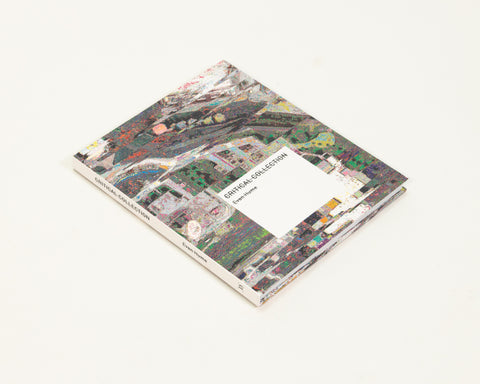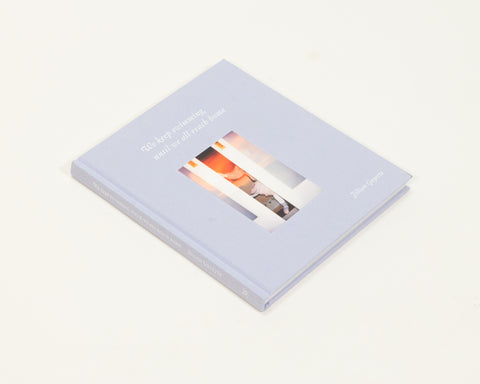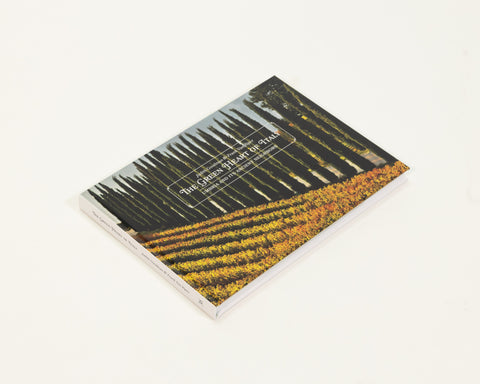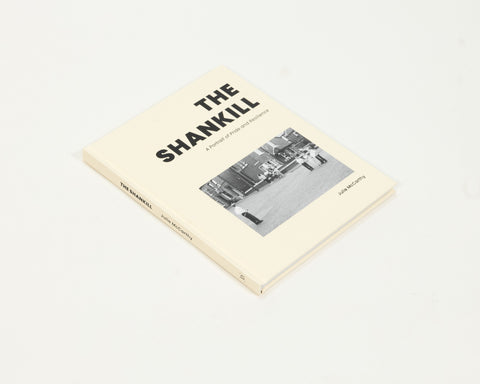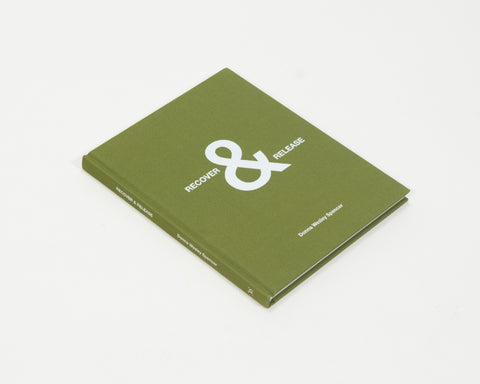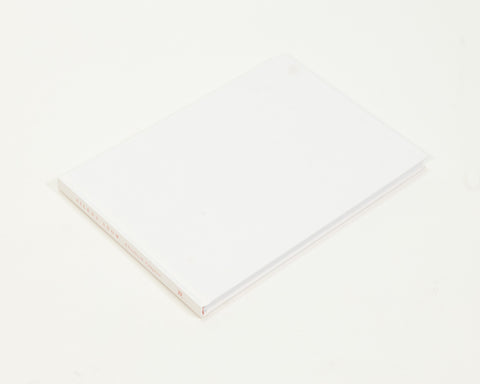LaToya Ruby Frazier has worked for the last seven years unflinchingly documenting her relationship with her family, with a particular focus on her often difficult, yet loving relationship with her mother. The resulting photographic and video works are redolent, in both content and style, of the direct cinema of filmmakers like Frederick Weisman and Albert and David Maysles and the concerned photojournalism of Mary Ellen Mark and Eugene Richards. However, unlike her predecessors, Frazier makes a virtue of subjectivity, rather than attempting to exorcize it. She invites the viewer into her world, portraying the struggles of poverty, drug addiction, and male absence in the contemporary black family from the inside out.

My first foray into Frazier's world was through her series of videos, collectively titled A Mother to Hold (2006-2008), in which Frazier follows her mother with a shaky, handheld camera, recording their interactions and her mother's daily life. Made during periodic visits home to the impoverished neighborhood in Pittsburgh where she grew up, Frazier's videos show her mother cooking dinner and watching television, playing with her cat and clowning around dancing to Snoop Dogg and, memorably, to the Hues Corporation's "Rock the Boat." Tragically, her mother's routine is not always so pleasant.
Initially, Frazier uncomfortably laughs off her mother's behavior with a slightly chiding, slightly saddened voice, which leaks into the frame from just off camera. Her infinite patience is readily apparent, but it is equally clear that her equanimity often hides an ineluctable sense of helplessness. There is a sense that she remains in a painful double bind; tied to her mother and her mother's demons by her deep, abiding love, she finds it just as impossible to stay as she does to leave. Perhaps it is this double bind that compels her to document: the camera allows her to remain close, but also keep her distance.
I get this sense from her photographs, which often have an air of benevolent detachment. In particular, it is instructive to look at the images in which she herself appears. When, for example, she photographs herself slumped on her bed, with one of her mother's boyfriends lounging on a mattress in the adjacent room (Me and Mr. Art, 2005), or depicts herself half-naked, seemingly having just been roused from sleep (Self Portrait (Oct. 7th 9:30 a.m.) 2008), there is a sense that the remove her self-scrutiny is tempered with is a necessary one. They are pictures in which her life appears like a strange gem, and she becomes just a lapidary, turning it in the light. It would be too painful otherwise.
LaToya Ruby Frazier’s work will be featured as a part of the upcoming show The Generational: Younger Than Jesus at the New Museum of Contemporary Art in New York. More of her work can be seen on her website.



